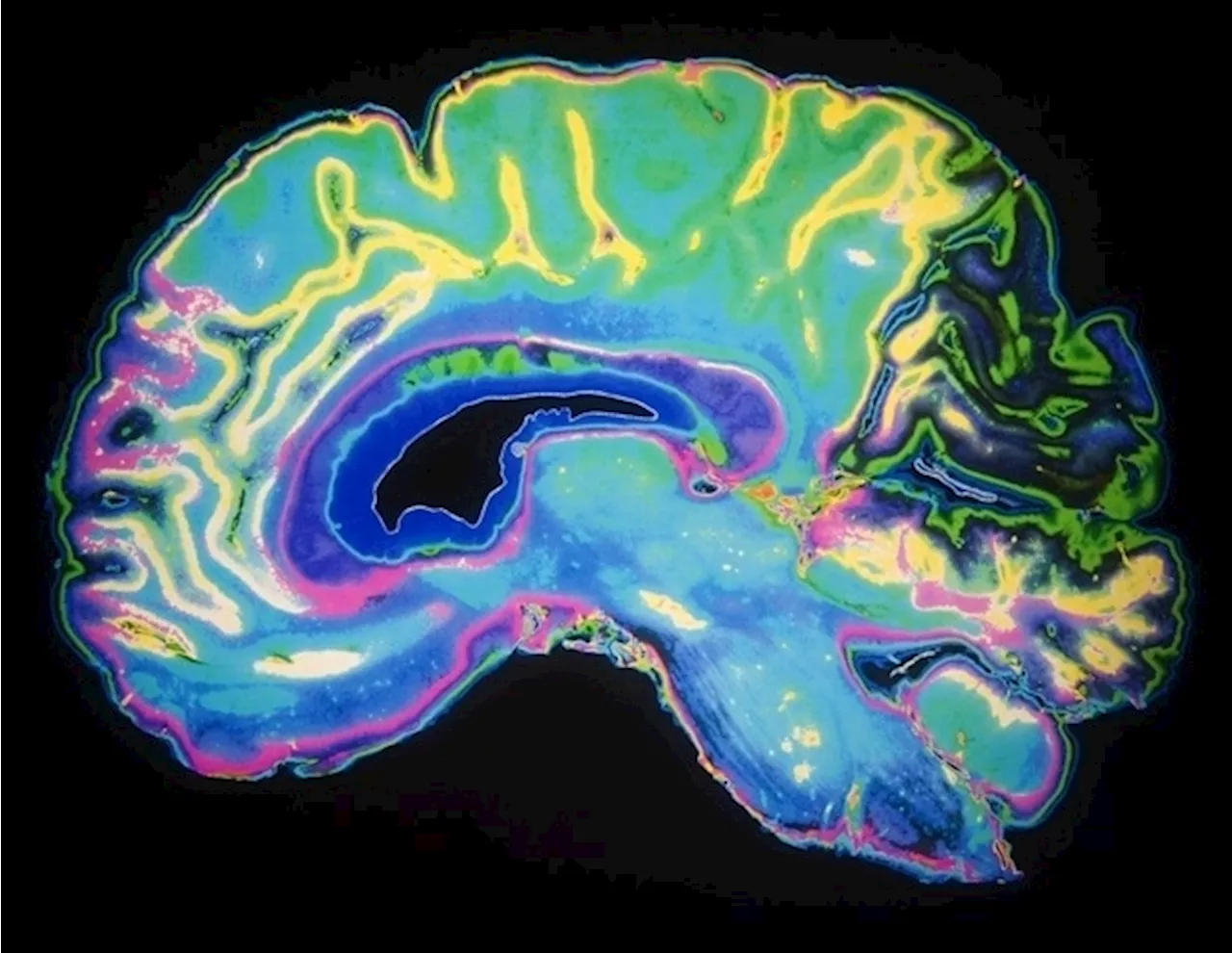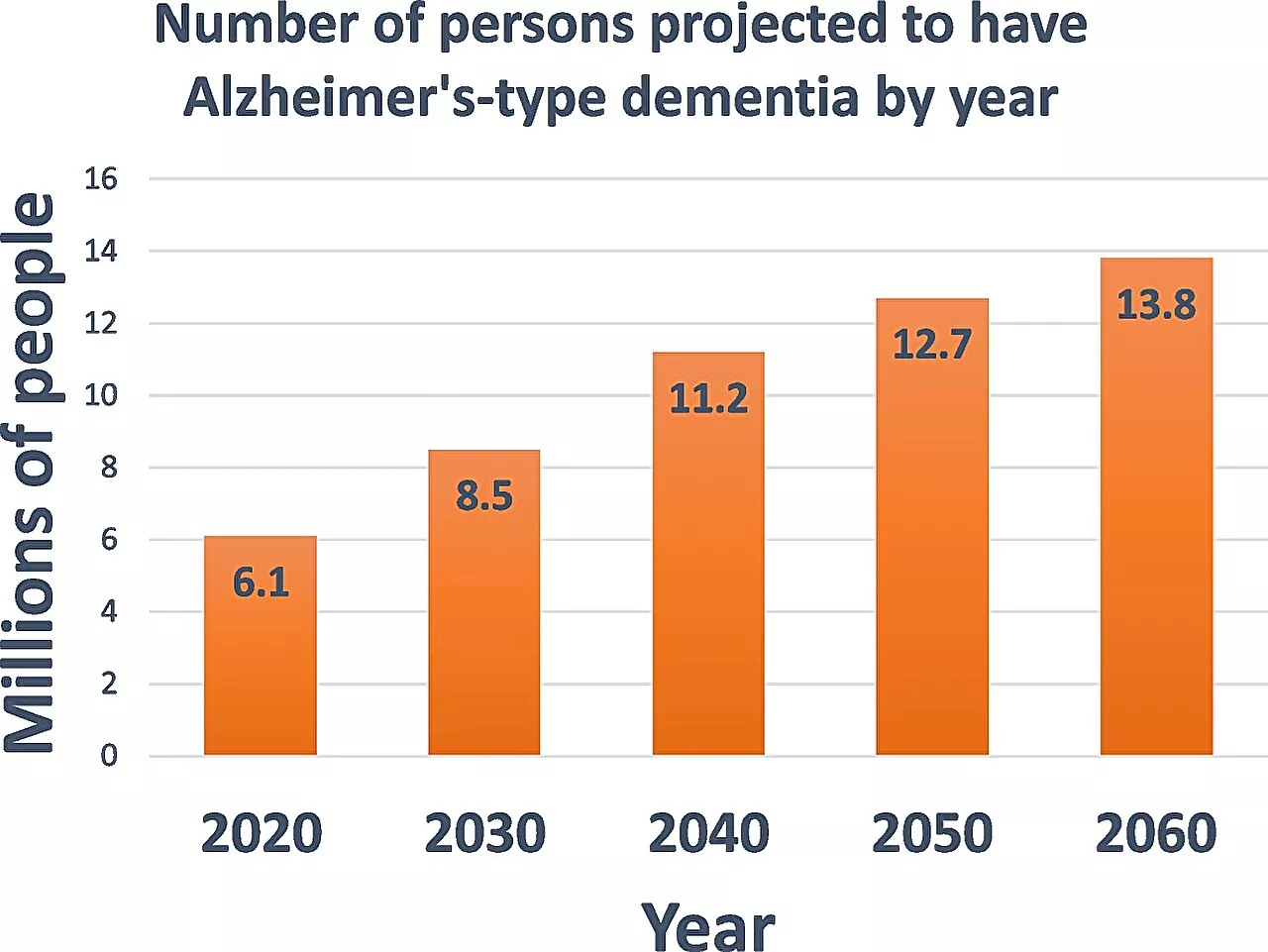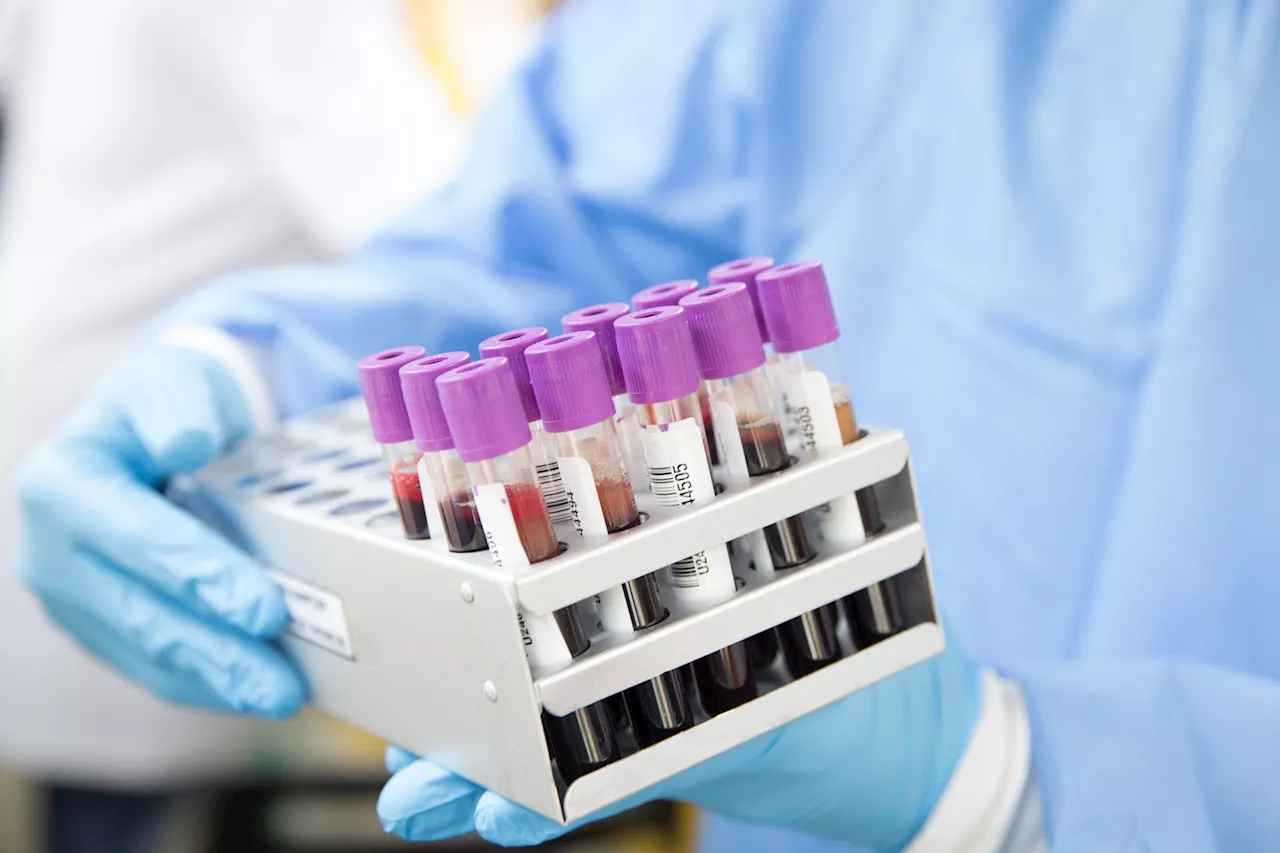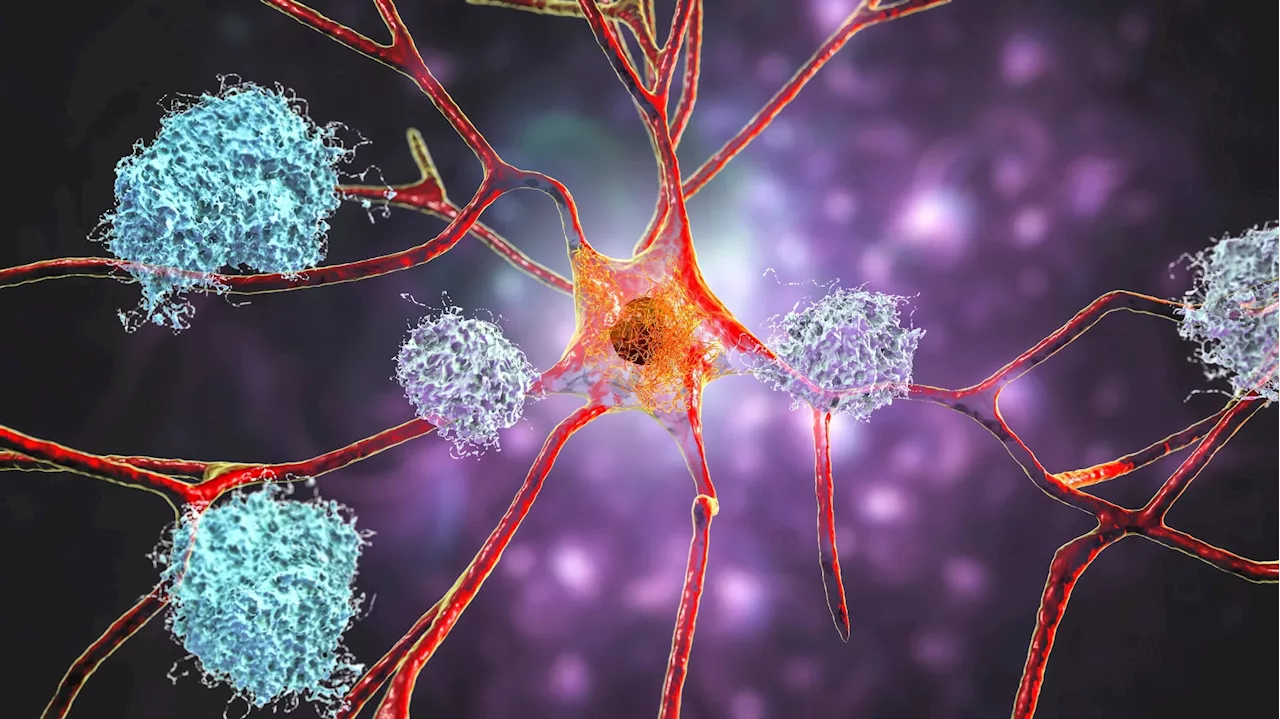Researchers confirm plasma pTau181 is a strong predictor for Alzheimer's in patients with mild cognitive impairment, offering a less invasive diagnostic tool for early intervention.
By Vijay Kumar MalesuReviewed by Susha Cheriyedath, M.Sc.Sep 20 2024 Research ers have found that plasma pTau181 can predict Alzheimer’s in real-world patients, giving clinicians a less invasive way to screen for disease progression and improve early intervention in memory clinics.
Early detection is critical, as current treatments cannot reverse the irreversible neuronal damage. While costly and invasive biomarkers like Positron emission tomography and cerebrospinal fluid are standard, plasma biomarkers like pTau181 offer a promising, less invasive alternative. Samples from the paired CSF/plasma collection, registered with the Instituto de Salud Carlos III , were included. Participants were real-world patients from the Ace Alzheimer Center Barcelona memory clinic, primarily referred by primary care centers in the Barcelona area.
Plasma and CSF samples were collected and processed on the same day, following Alzheimer’s Biomarkers Standardization Initiative protocols. Biomarker quantification was performed using Lumipulse or Enzyme-Linked Immunosorbent Assay platforms. When examining the distribution of plasma pTau181 across the Alzheimer's continuum, clear clusters of data emerged, particularly with elevated levels in AD dementia patients and lower levels in those with SCD.
ROC curve analyses revealed a robust ability of plasma pTau181 to differentiate between AD dementia and other groups. In a real-world scenario, a cut-off value of 1.36 pg/ml was identified for detecting Alzheimer's pathology, with high sensitivity but moderate specificity. In MCI patients, a cut-off of 1.30 pg/ml exhibited a strong capacity to differentiate between prodromal and non-prodromal AD, with a high positive predictive value and negative predictive value.
Biomarker Brain Dementia Pathology Positron Emission Tomography Research Threonine Tomography
United Kingdom Latest News, United Kingdom Headlines
Similar News:You can also read news stories similar to this one that we have collected from other news sources.
 Researchers show novel drug rescues memory loss in Alzheimer's mouse modelIn a recent development in Alzheimer's disease research, Auburn University scientists have studied a new drug, troriluzole, that can prevent brain changes leading to memory loss and cognitive decline in a mouse model of the disease.
Researchers show novel drug rescues memory loss in Alzheimer's mouse modelIn a recent development in Alzheimer's disease research, Auburn University scientists have studied a new drug, troriluzole, that can prevent brain changes leading to memory loss and cognitive decline in a mouse model of the disease.
Read more »
 Researchers identify key cellular interactions driving Alzheimer's and agingAn analysis of more than 1.6 million brain cells from older adults has captured the cellular changes that occur in the early stages of Alzheimer's disease, potentially revealing new routes for preventing the most common cause of dementia in older individuals.
Researchers identify key cellular interactions driving Alzheimer's and agingAn analysis of more than 1.6 million brain cells from older adults has captured the cellular changes that occur in the early stages of Alzheimer's disease, potentially revealing new routes for preventing the most common cause of dementia in older individuals.
Read more »
 Bridging gaps: Researchers apply cancer insights to advance Alzheimer's therapiesNew research suggests that understanding how cancer cells evade the immune system could hold the key to developing more effective treatments for Alzheimer's disease.
Bridging gaps: Researchers apply cancer insights to advance Alzheimer's therapiesNew research suggests that understanding how cancer cells evade the immune system could hold the key to developing more effective treatments for Alzheimer's disease.
Read more »
 Researchers seek early Alzheimer's detection with MRSIUniversity of Virginia professor Mathews Jacob has secured a $3.9 million grant to advance his innovative research on detecting Alzheimer's disease in its early stages.
Researchers seek early Alzheimer's detection with MRSIUniversity of Virginia professor Mathews Jacob has secured a $3.9 million grant to advance his innovative research on detecting Alzheimer's disease in its early stages.
Read more »
 Simple blood test for Alzheimer's disease could change how the disease is detected and diagnosedTrinity researchers have examined the effectiveness of a new blood test which could change the way Alzheimer's disease is identified. The blood test (plasma p-tau217) detects the presence of amyloid plaques that build up in the brain of people with Alzheimer's disease.
Simple blood test for Alzheimer's disease could change how the disease is detected and diagnosedTrinity researchers have examined the effectiveness of a new blood test which could change the way Alzheimer's disease is identified. The blood test (plasma p-tau217) detects the presence of amyloid plaques that build up in the brain of people with Alzheimer's disease.
Read more »
 Space Marine 2 Tactical Build – Plasma and Bolt stylesHere is a look at the Space Marine 2 Tactical build, featuring class setup, weapon usage, perks, tips and team synergy.
Space Marine 2 Tactical Build – Plasma and Bolt stylesHere is a look at the Space Marine 2 Tactical build, featuring class setup, weapon usage, perks, tips and team synergy.
Read more »
